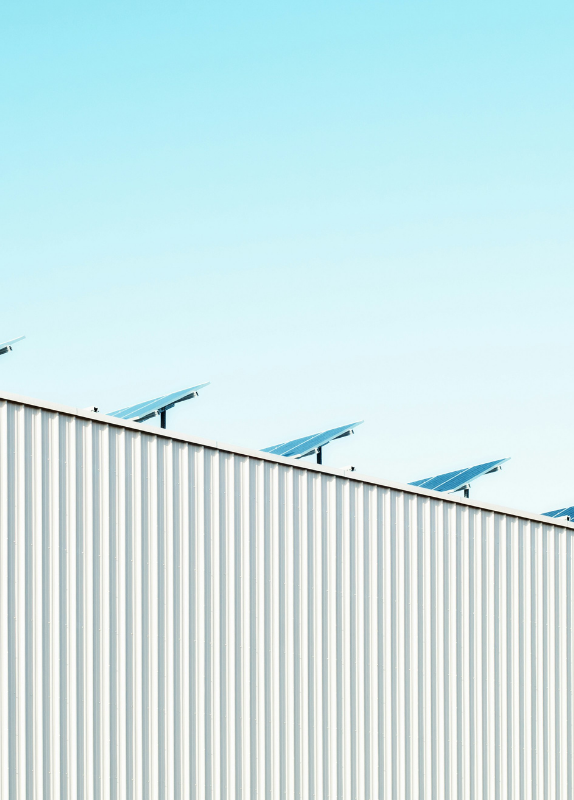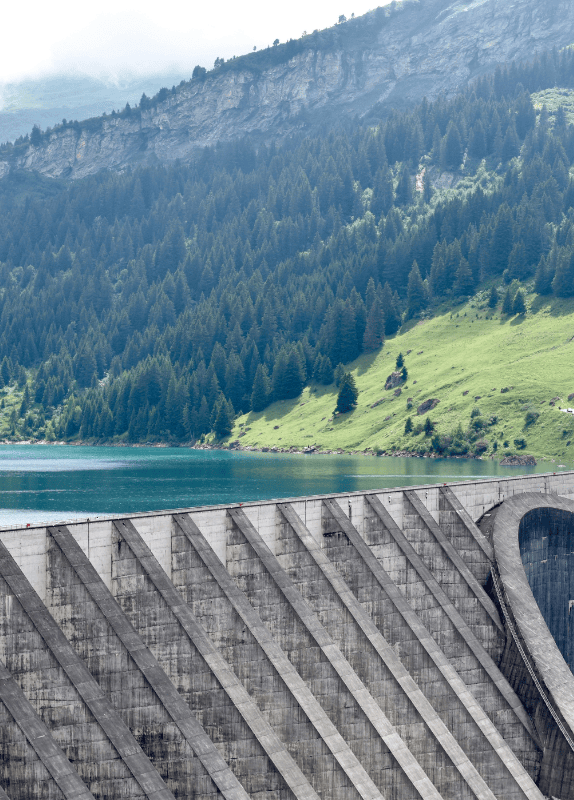Enhanced economic outlook, benefiting from a fragmented trade system
B1
LOW RISK for enterprise
-
Economic risk
-
Business environment risk
-
Political risk
-
Commercial risk
-
Financing risk
-
Economic risk
-
Business environment risk
-
Political risk
-
Commercial risk
-
Financing risk
Updated in November 2024.
Swipe to view more
| Form of state | Constitutional Monarchy |
| Head of government | Aziz Akhannouch (Prime Minister) |
| Next elections | 2026, Legislative |
Strengths & Weaknesses

- Increasingly diversified economy and a growing manufacturing hub to the EU; already a top car supplier to Europe
- Foreign policy aligned with that of the upcoming Trump administration
- Prospects of additional production of phosphates and fossil fuels

- Climate shocks remain the highest risk to Moroccan economy and social stability
- Youth unemployment remains high (above 20%)
- Diplomatic tensions with the EU will remain top of the agenda
Economic Overview
Trade Structure by destination/origin
(% of total, 2023)
Trade Structure by product
(% of total, annual 2023)
Collection Complexity
The Allianz Trade Collection Complexity Score provides a simple assessment of how easy it is to collect debt around the world. The 2022 edition covers 49 countries that represent nearly 90% of global GDP and 85% of global trade.
Contacts
Read our latest reports
-
Americas
-
Europe
-
Asia Pacific
-
Middle East
-
Africa
Popular Risks Reports: Americas
Popular Risks Reports: Europe
Popular Risks Reports: Asia Pacific
Popular Risks Reports: Middle East










